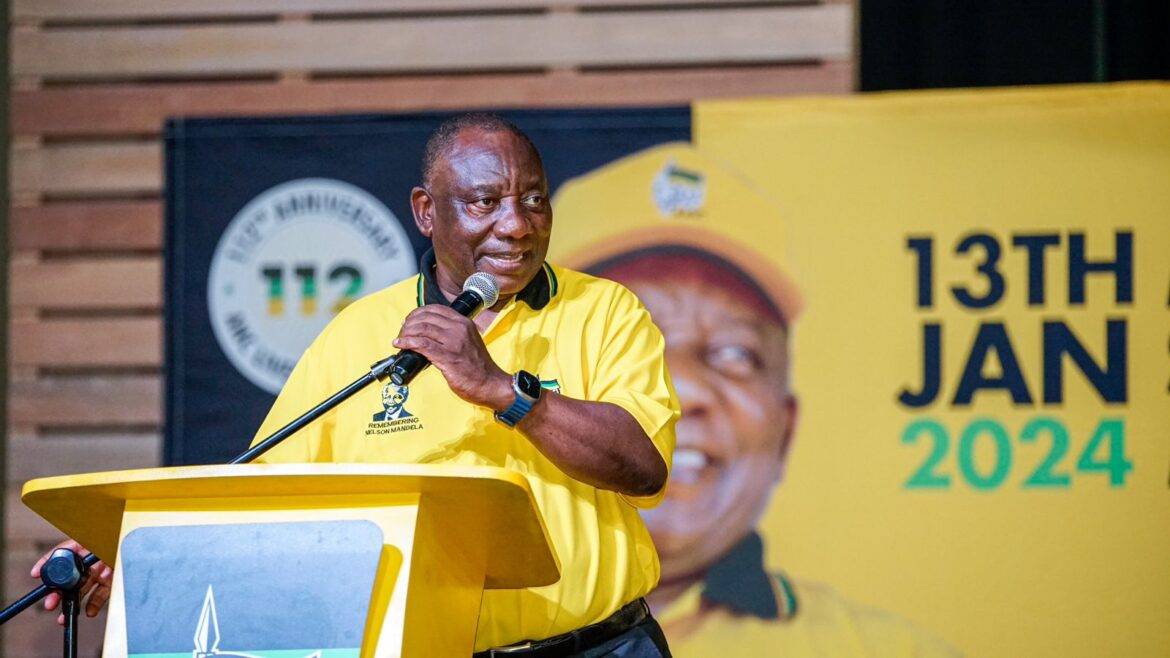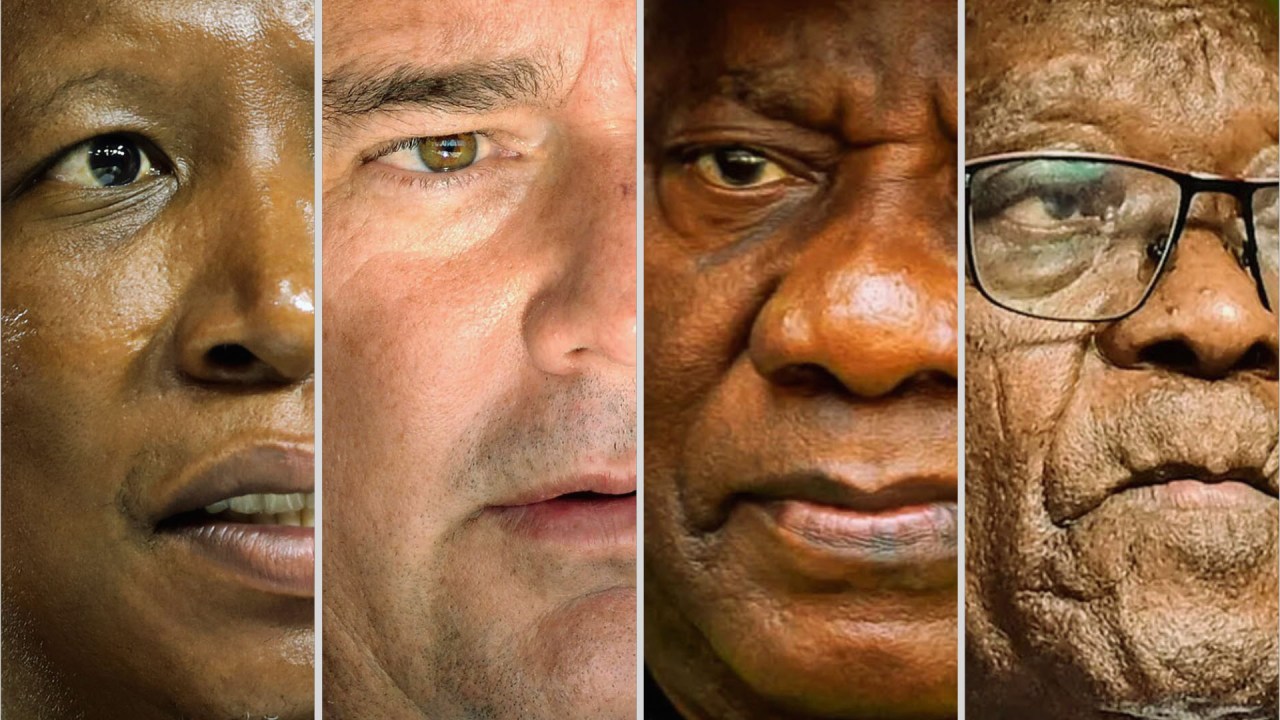
Former president Jacob Zuma. File photo
Former president Jacob Zuma has applied to the constitutional court for leave to appeal the high court ruling which struck down his bid to bring criminal charges against the prosecutor in his arms deal corruption case.
The Pietermaritzburg high court in June 2023 set aside Zuma’s private prosecution of advocate Billy Downer and journalist Karyn Maughan, who writes for News24, as an abuse of process.
It also interdicted him from “reinstituting, proceeding with, or from taking any further steps pursuant to, the private prosecution”.
Zuma had accused Downer of breaching the National Prosecuting Authority Act. He claimed that Downer had leaked confidential medical information in the form of a letter from a military doctor, filed by lawyers for the former president in that trial in August 2021, to Maughan.
The letter cryptically stated that Zuma needed treatment for an undisclosed ailment. His lawyers did not claim confidentiality when they submitted it to court, hence it became part of the public record. It was moreover not Downer but counsel who gave the document to Maughan and other media, as per accepted practice.
In setting aside the summons Zuma had served on Downer and Maughan, the high court held that the former president had come to court “with unclean hands”.
It was clear that the private prosecution was initiated as a “precursor” to an eventual application for the removal of the prosecutor who has pursued the arms deal charges for nearly two decades.
In December last year, the supreme court of appeal (SCA) dismissed Zuma’s application for leave to appeal the high court ruling. In January, he brought an application to the president of the SCA for that decision to be referred back for reconsideration but this too was dismissed.
Zuma is now asking the constitutional court to overturn that decision by SCA president Mahube Molemela and replace it with an order that the appellate court grant him leave to appeal.
He filed the application on 19 April, at the 11th hour before the window to approach the apex court closed.
The Pietermaritzburg high court in March dismissed Zuma’s application to have Downer removed as the prosecutor in the arms deal case. Judge Nkosinathi Chili said he was not persuaded by Zuma’s argument that allowing Downer to lead the prosecution would violate his fair trial rights.
It was his second failed attempt to disqualify the seasoned prosecutor from leading the state’s case.
In the first, he entered a special plea in 2021 in terms of section 106 (1)(h) of the Criminal Procedure Act (CPA), pleading that Downer had impartiality and therefore lacked title to prosecute. It was dismissed by Judge Piet Koen and Zuma’s attempts to appeal came to nought.
Zuma laid criminal charges against Downer shortly after Koen dismissed the special plea, as a launching pad for the application to have him removed from the trial, which Chili eventually dismissed.
It was described by advocate Geoff Budlender, for the National Prosecuting Authority as merely the latest, but surely not the last, attempt by Zuma to discredit and disqualify Downer and further stall a case that now spans almost 18 years.
“Every single one of them has failed. He launches his challenges one by one, each one starts only when the last one is finished, as in [it] has failed,” Budlender told the court last year.
“He then repeatedly seeks leave to appeal and then further applications for leave to appeal against the adverse judgments and orders against him.”
Zuma made his first appearance in court for the arms deal matter on 29 June 2005. While his trial has formally commenced, no evidence has been led.
The former president continues to play for time and is seeking to appeal Chili’s March ruling.
The application to the constitutional court can be read in that context, because it allows him to argue that Downer may yet face criminal charges instituted by the accused in the arms deal trial and therefore cannot continue to lead the prosecution.
But it is an increasingly tenuous strategy. In April, Chili struck the private prosecution off the roll, despite Zuma’s ongoing bid to keep the charges alive.
It followed an application by counsel for the NPA and for Maughan to remove the case from the roll in light of the fact that the summons in the private prosecution could not be revived.
After the private prosecution was dismissed, Downer and Maughan successfully applied to the high court in terms of section 18 of the Superior Court Act for an order that the setting aside of summons remain in force pending the outcome of his appeal.
Zuma sought to challenge this ruling but the SCA agreed with the high court and held that his appeal on the enforcement order too was in itself an abuse of process and part of the “Stalingrad” litigation strategy Zuma has pursued to delay his corruption trial.
In February, the constitutional court denied him leave to appeal the appellate court’s decision.
Chili has set down the arms deal matter for a case management meeting next week.



 1 week ago
58
1 week ago
58

















